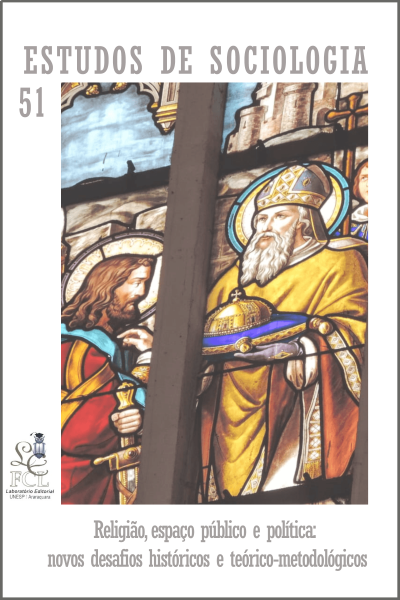Crime against the tranquility and public health in the First Republic
the spiritism in criminal lawsuits
DOI:
https://doi.org/10.52780/res.14895Keywords:
Spiritism, Penal Code of 1890, Criminal proceedings, Healing practicesAbstract
The article proposes to discuss the role of the Brazilian Spiritist Federation through its periodical Reformador, in the face of some criminal processes in which spiritist citizens became involved for adopting practices considered antisocial and anomic. These citizens started to be inserted by the political, law enforcement and medical authorities in what was legally called sciolism and healerism. In the Penal Code of 1890, spiritist practices were criminalized in articles 156, 157 and 158 of the aforementioned code, especially in article 157. The social agents involved in criminal proceedings, especially lawyers and judges, were in charge of differentiating conceptually, what was religious and what was wizardry. As well as what was belief and what was exploration, in a tangle of subjective practices and representations of what was understood to be Spiritism.
Downloads
Downloads
Published
How to Cite
Issue
Section
License

À revista Estudos de Sociologia ficam reservados os direitos autorais pertinentes a todos os artigos nela publicados.
Os artigos publicados e as referências citadas na revista Estudos de Sociologia são de inteira responsabilidade de seus autores.
A Estudos de Socilogia utiliza a licença https://creativecommons.org/licenses/by/4.0/ (CC BY), que permite o compartilhamento do artigo com o reconhecimento da autoria.



